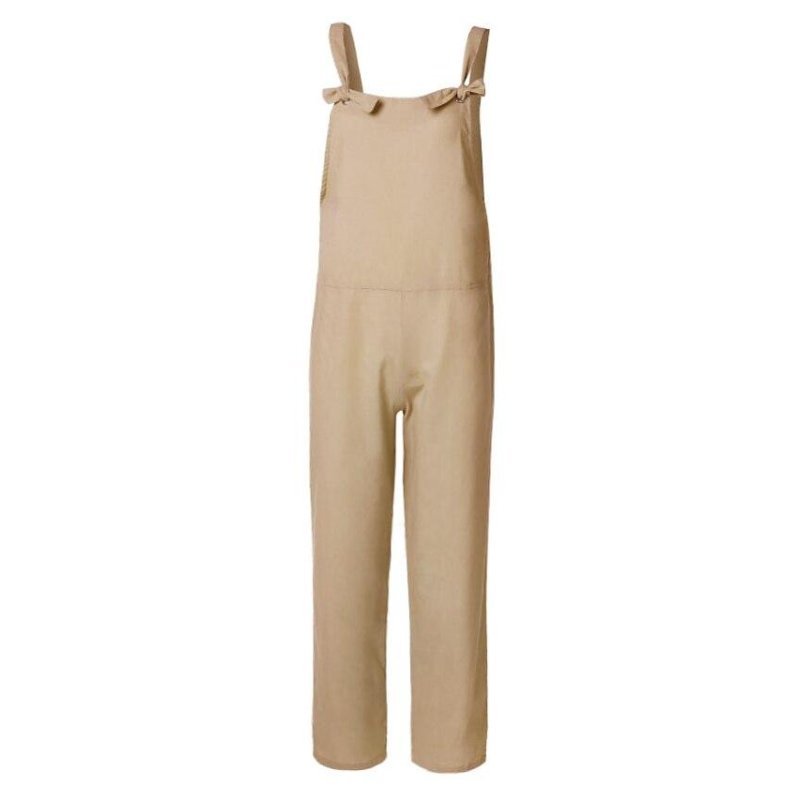Tag 1: Apparel
Tag 2: Style
Tag 3: Culture
Fashion has always been an integral part of our lives. From the clothes we wear to the way we present ourselves, it plays a significant role in shaping our identity and influencing how others perceive us. Over the years, clothing has evolved from being a basic necessity to a form of self-expression, with trends constantly changing and new styles emerging.
The apparel industry is one of the most dynamic and lucrative industries in the world. It encompasses everything from design and production to marketing and retailing, generating billions of dollars each year. But beyond its economic impact, clothing holds a deeper significance that goes far beyond surface-level aesthetics.
One reason why fashion matters is because it allows individuals to express their unique sense of style. Our choice of clothing reflects our personality, interests, and values. Whether we opt for classic pieces or bold statement pieces, every outfit tells a story about who we are.
Moreover, fashion also serves as a means for cultural expression. Different cultures have their own distinct styles that reflect their traditions and beliefs. For example, traditional African garments feature vibrant colors and intricate patterns while Japanese kimonos represent elegance and simplicity.
Clothing can also have an impact on one’s confidence levels and self-esteem. Studies have shown that what we wear can affect how we feel about ourselves. Wearing well-fitted clothes or dressing up in our favorite outfit can boost our mood and make us feel more empowered.
In addition to personal significance, fashion also holds societal importance. It brings people together through shared trends or creates subcultures based on specific styles or brands. For instance, streetwear culture has gained immense popularity globally with people bonding over their love for limited edition sneakers or graphic tees.
However, just like any other industry, fashion also has its downsides such as unethical production practices and environmental impact. The fast fashion industry, in particular, has received criticism for its exploitation of workers and contribution to waste pollution. This highlights the need for sustainable and ethical practices within the industry.
In conclusion, clothing is more than just fabric stitched together to cover our bodies. It holds a powerful influence on our lives, shaping our identity, expressing cultural values, boosting confidence, and connecting people. As consumers, it is essential to be mindful of the impact of our choices and support ethical and sustainable fashion brands. After all, what we wear not only reflects who we are but also has an impact on the world around us.

